Torik Holmes and Christina Picken discuss the troubling role played by powerful ideas of the consumer and demand with regard to tackling plastic problems.
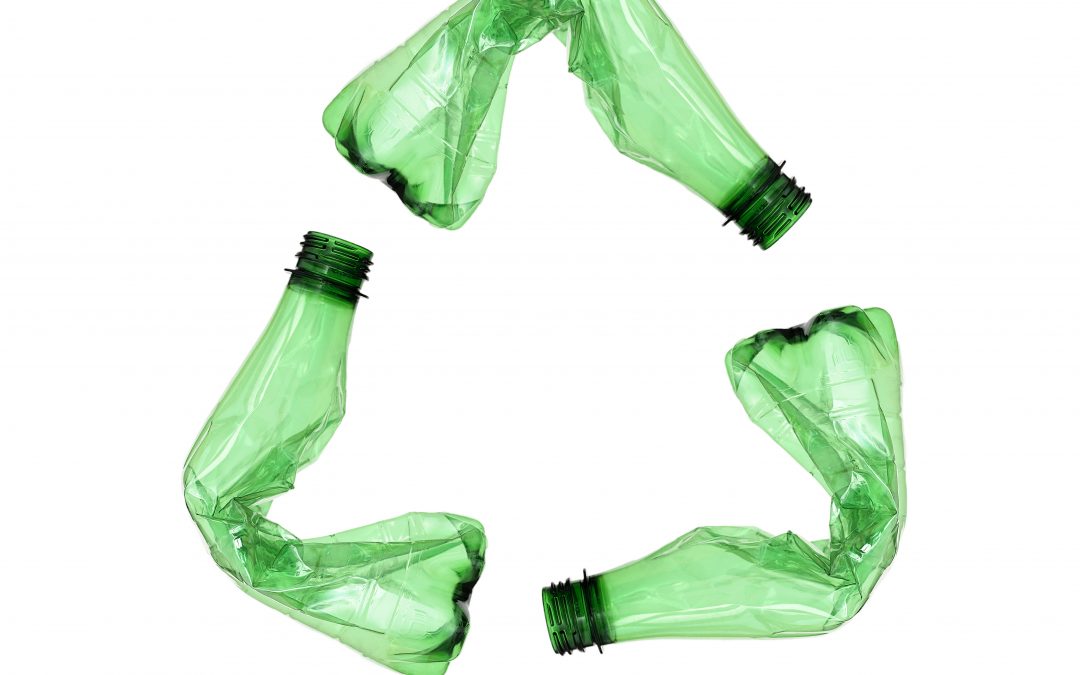

Torik Holmes and Christina Picken discuss the troubling role played by powerful ideas of the consumer and demand with regard to tackling plastic problems.
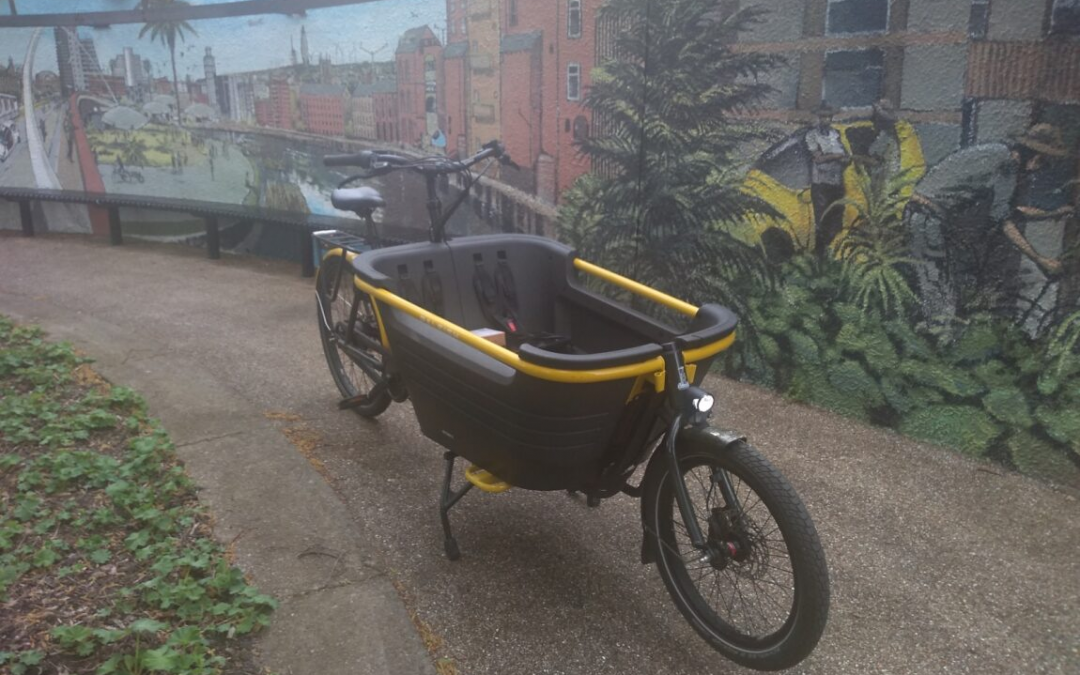
Noel Cass discusses the shortcomings of the UK Government’s approach to climate policy.
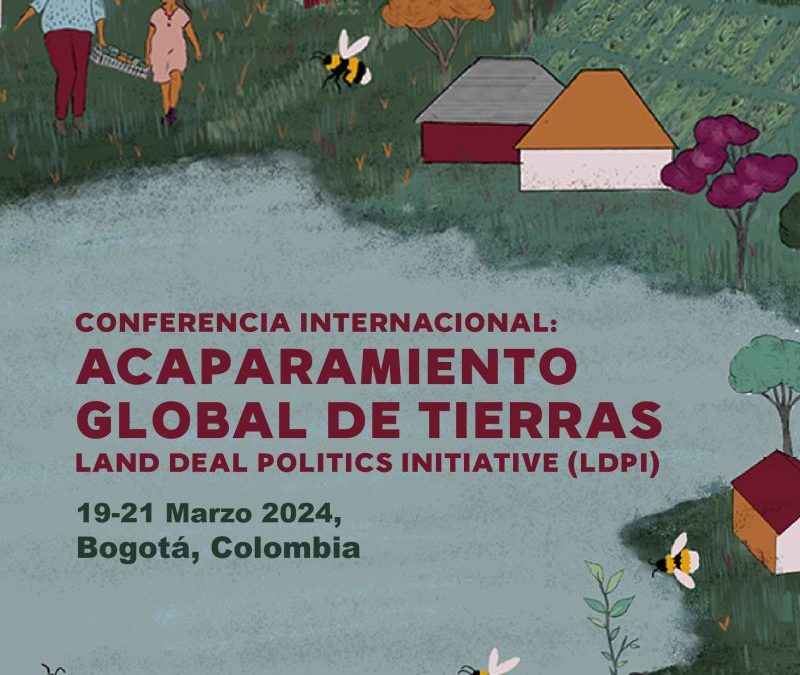
Caroline Cornier reflects on the International Conference on Land Grabbing 2024 in Bogotá, Colombia.
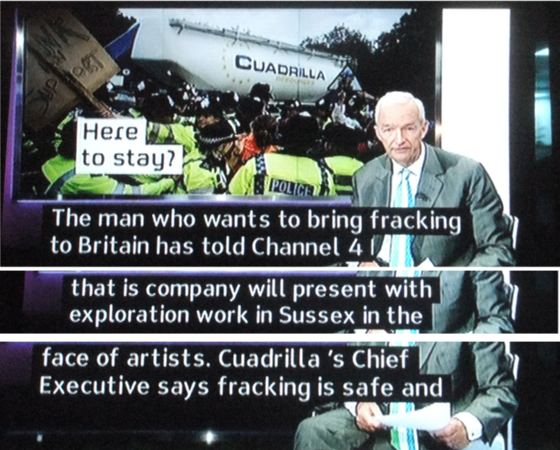
Matthew Paterson, Stanley Wilshire, and Paul Tobin discuss the types of ANZP rhetoric and important lessons to learn from its (modest) successes.
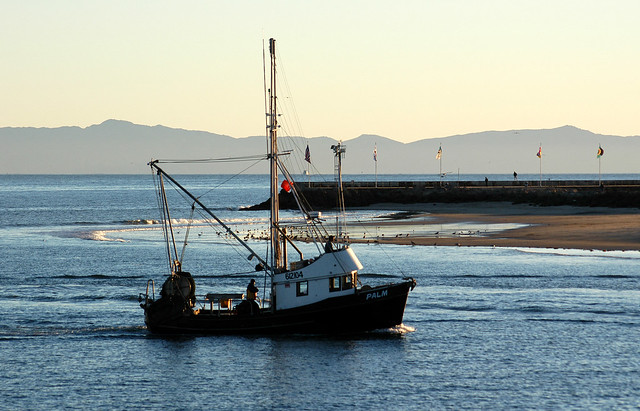
Maria Sharmina outlines key points from the research across the UK as part of a project called ‘Diverseafood’.
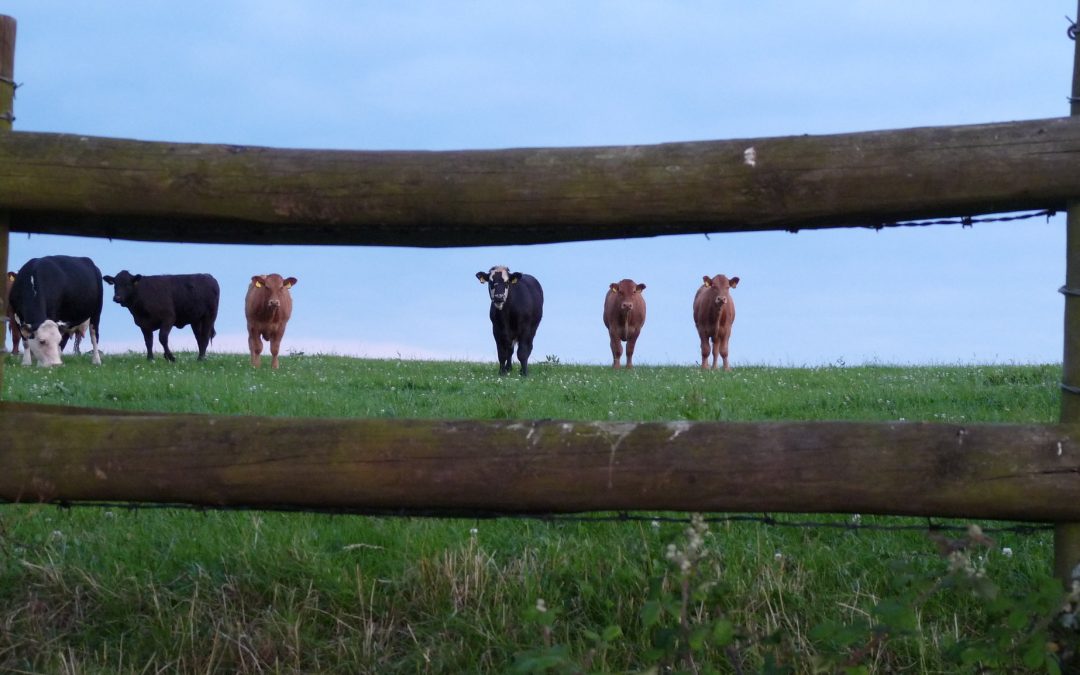
Steffen Hirth provides an overview of recent discussions on creating a more sustainable agri-food system and human & nonhuman habitats for planetary and human health.
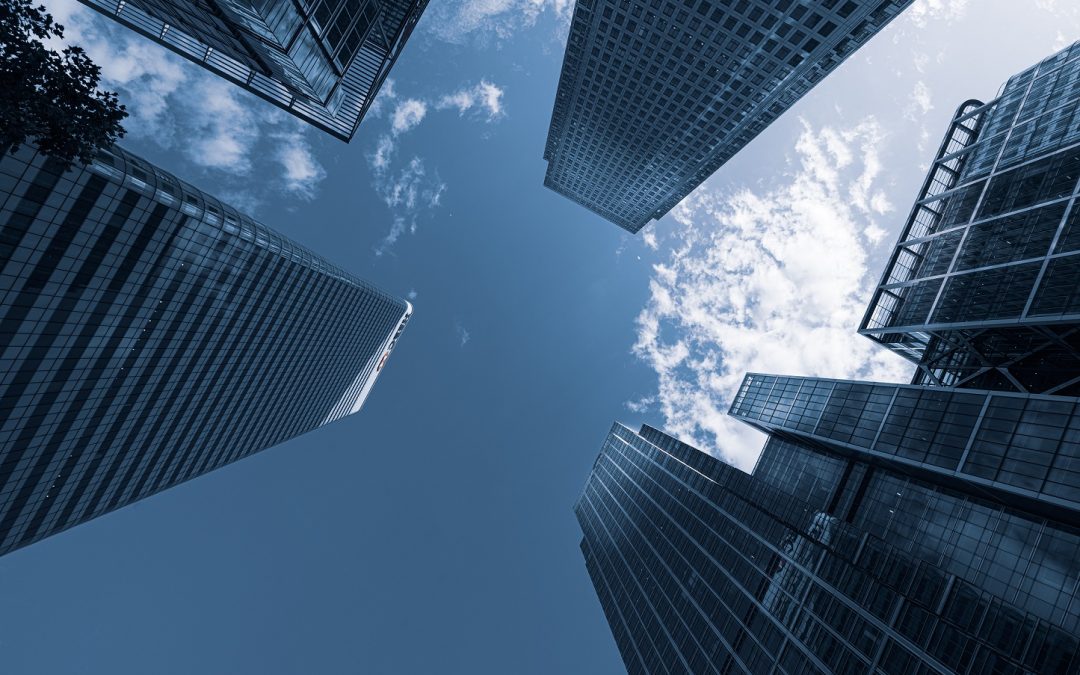
Matthew Paterson and Jacqueline Best discuss the prospects of central banks taking a more active role in climate policy.
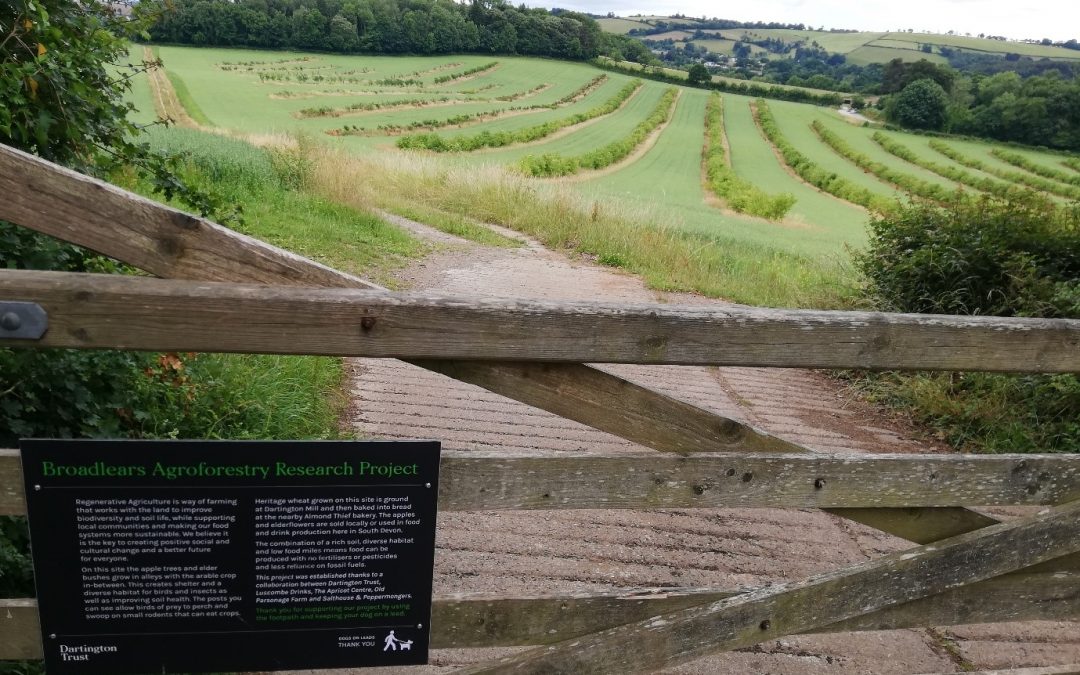
Steffen Hirth, Ulrike Ehgartner, and Ivan Drlička examine the need to create resilient food provision in a net-zero society.
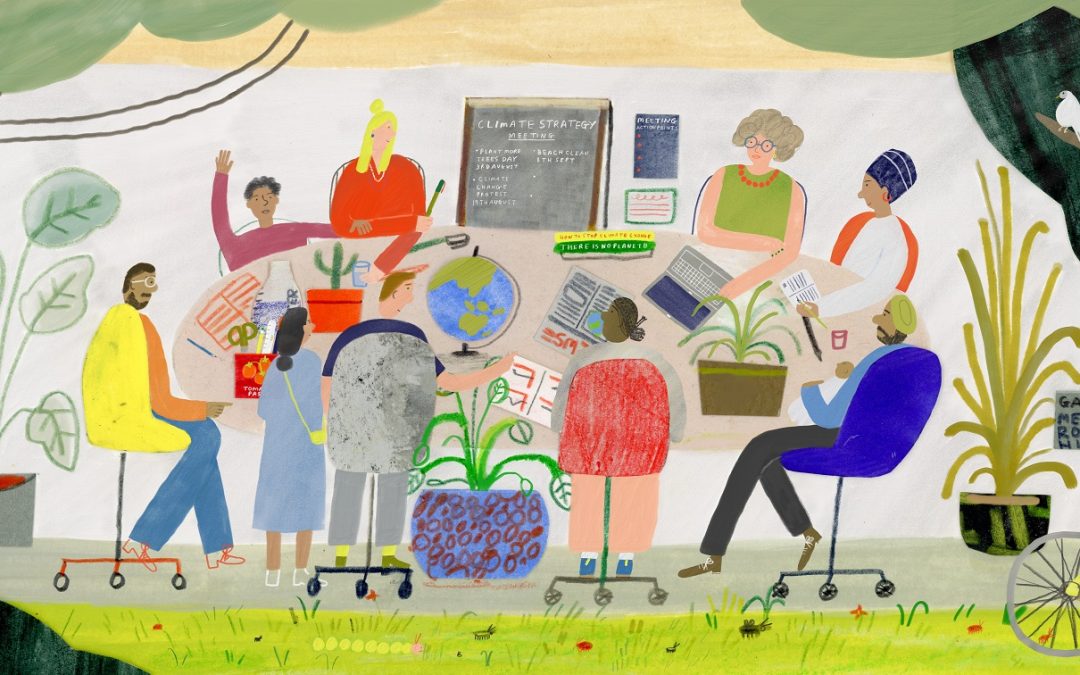
Catherine Walker, Kit Marie Rackley, and Nerida Jolley analyse how climate change education can address rather than exacerbate eco-anxiety.

Chantal V. Bright on emergent themes from the world’s largest multidisciplinary conference on water.